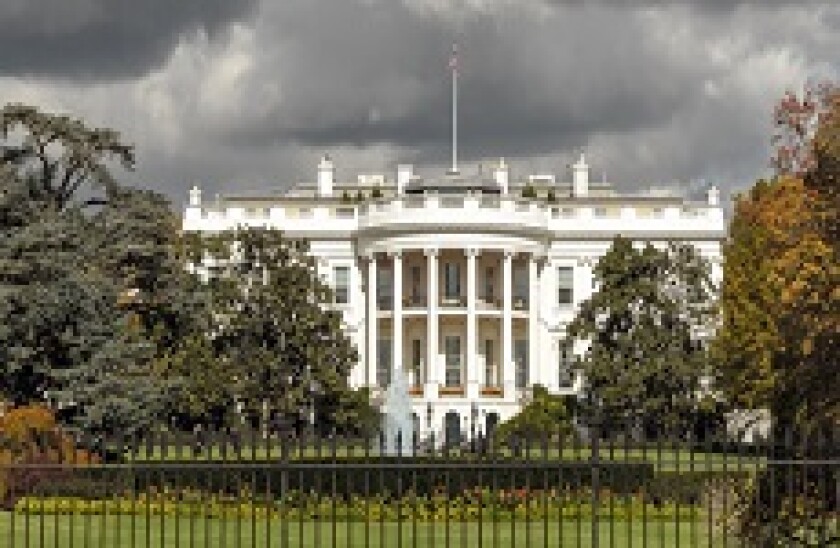Trump has accused the WHO of being biased towards China in its handling of the pandemic. In a Tuesday White House briefing, he threatened to put a “very powerful hold” on US funding to the organisation.
Trump later wrote on Twitter: “The [WHO] really blew it. For some reason, funded largely by the United States, yet very China centric.”
He added: “We will be giving that a good look. Fortunately I rejected their advice on keeping our borders open to China early on. Why did they give us such a faulty recommendation?”
In response to Trump’s attack, the WHO’s regional director for Europe said that now was “not the time to cut back funding”.
Its director-general, Tedros Adhanom Ghebreyesus, added in a Wednesday press briefing: “At the end of the day, the people belong to all political parties. The focus of all political parties should be to save their people. Please don’t politicize this virus.”
He also said: “If you don’t want many more body bags, then you refrain from politicizing it.”
*
Chinese state-owned Xinhua News published a detailed timeline of the government’s response since the Covid-19 epidemic started in December.
The timeline, published on Monday, shows that the first case in China was discovered in Wuhan at the end of December. As early as January 3, China had begun providing regular updates of the outbreak to the WHO, relevant countries and regions and the US.
On January 7, Chinese president Xi Jinping gave instructions on the epidemic response when presiding over a meeting of the Politburo Standing Committee, the document shows.
The timeline ends on March 31. By then, the government had provided masks, protective suits, nucleic acid testing reagent and ventilators to 120 countries and four international organisations, according to Xinhua.
Local governments and domestic enterprises had also donated medical supplies to more than 50 and 100 countries, respectively.
*
China is buying agricultural products as agreed in the US-China phase one trade deal, despite the ongoing Covid-19 pandemic, Trump said in a Monday press briefing.
“It seems like [China is] buying so we will let you know how that’s going, but they are buying anywhere from $40bn to $50bn worth of our agricultural product that would have a huge impact on our farmers, a tremendous impact on our farmers,” Trump said. “But we’re watching it very closely.”
*
Chinese premier Li Keqiang chaired the weekly State Council executive meeting on Tuesday. The meeting focused on stabilising foreign trade and investment, and promoting e-commerce trades.
Measures include setting up 46 new integrated pilot zones for cross-border e-commerce and extending preferential tax policies to these pilot zones.
*
China will continue to push forward with the implementation of macroeconomic policies, according to the minutes of a State Council’s Financial Stability and Development Committee meeting. It will focus on supporting the recovery of the real economy, guide credit resources to small and privately-owned companies and increase capital replenishment of small and medium-sized banks.
The meeting, chaired by the vice premier Liu He, added that capital markets need to play a “pivotal role”. It promised to crack down on fraudulent activities. The meeting also emphasised relaxing or lifting restrictions that are limiting the development of the market and make it more active.

